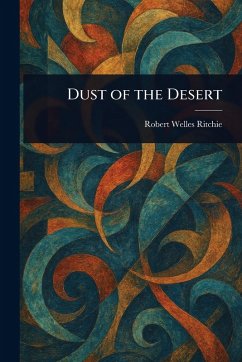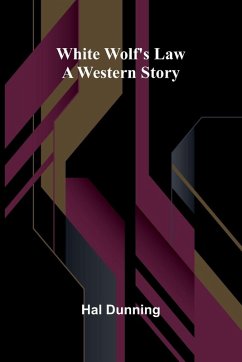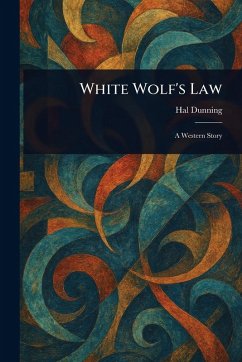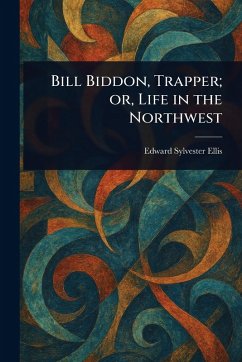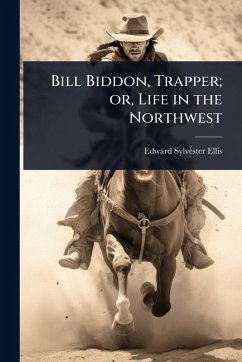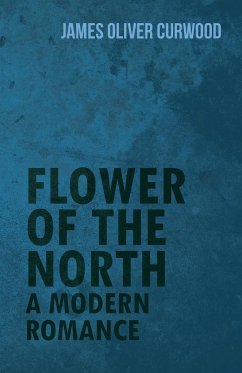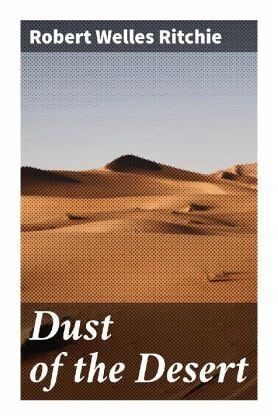
Dust of the Desert
Versandkostenfrei!
Versandfertig in 6-10 Tagen
7,99 €
inkl. MwSt.
Weitere Ausgaben:

PAYBACK Punkte
4 °P sammeln!
In "Dust of the Desert," Robert Welles Ritchie presents a haunting exploration of the barren yet majestic landscapes of the American Southwest. This novel is marked by its evocative prose and rich, descriptive imagery that brings to life the stark beauty and isolation of the desert. Set against the backdrop of post-war America, Ritchie delves into themes of loss, identity, and the relentless passage of time, weaving a narrative that reflects both the physical desolation of the environment and the emotional desolation of its characters. The literary style, characterized by a lyrical yet unflinc...
In "Dust of the Desert," Robert Welles Ritchie presents a haunting exploration of the barren yet majestic landscapes of the American Southwest. This novel is marked by its evocative prose and rich, descriptive imagery that brings to life the stark beauty and isolation of the desert. Set against the backdrop of post-war America, Ritchie delves into themes of loss, identity, and the relentless passage of time, weaving a narrative that reflects both the physical desolation of the environment and the emotional desolation of its characters. The literary style, characterized by a lyrical yet unflinching tone, situates Ritchie's work within the broader context of regionalism and modernist literature, drawing comparisons to contemporaries who sought to capture the essence of the American experience during the early 20th century. Robert Welles Ritchie, a remarkable figure in American literature, was profoundly influenced by his own experiences living in the Southwest. His intimate knowledge of the landscape and its cultural complexities provided him with a unique lens through which to explore human nature and the struggle for meaning in a rapidly changing world. Ritchie's background as a soldier and later as a writer deeply informed his perspectives on the themes of displacement and longing that are present in this work. "Dust of the Desert" is highly recommended for readers interested in the interplay of environment and human existence. Ritchie's ability to encapsulate the raw emotions tied to the desert's vastness and the inner turmoil of his characters invites readers to reflect on their own experiences of struggle and redemption. A poignant read for those who appreciate literature that challenges and inspires.




